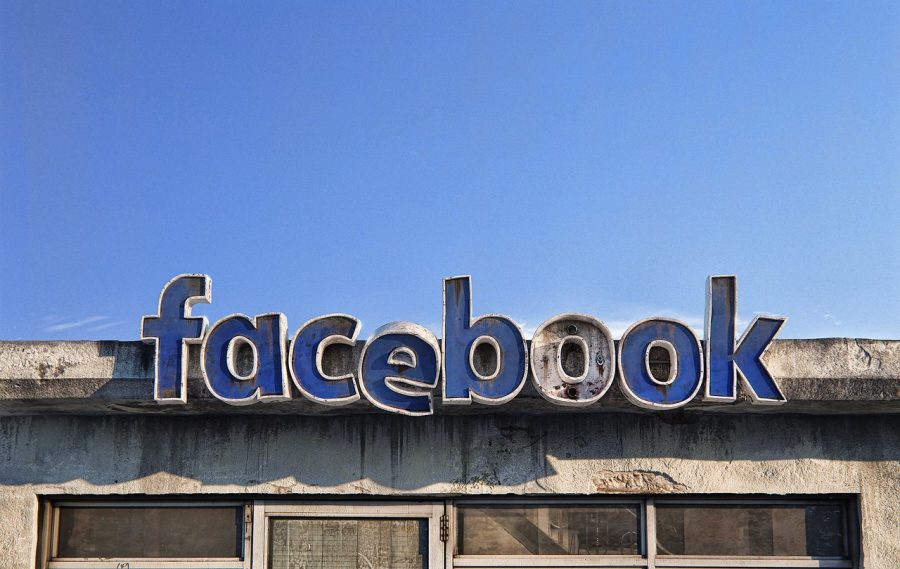The Facebook Files reveal how harmful the app truly is
The Facebook Files uncover the weakness of Facebook and how harmful it truly is to its billions of users.
October 28, 2021
Scrolling through social media, especially Instagram, is a routine for most teenagers and young adults. Instagram is a popular place to see one’s favorite influencers showing off their perfect friends, perfect bodies and perfect lifestyles. Who knew sitting behind a screen watching someone else’s life unfold could be so addicting (let alone addicting enough to make companies billions of dollars)?s. The biggest name in social media today is Facebook, which now owns Instagram.
On Oct. 3, 2021, Francis Haugen revealed she was behind the leak of Facebook internal documents. The leaked documents include internal research from Facebook that studied the impact of Instagram on teenage mental health. “The Facebook Files” is the title of a series of news reports by The Wall Street Journal which are based on internal documents from Facebook leaked by whistleblower Frances Haugen. These documents uncovered some of Facebook’s darkest secrets. While this is not good news for Facebook, many would argue it has been a long time coming for the truth about how social media impacts people to be uncovered. For three years Facebook has been running studies on how its apps affect millions of their young users.
According to the Wall Street Journals’ review of the leaked documents, “Thirty-two percent of teen girls said that when they felt bad about their bodies, Instagram made them feel worse…Comparisons on Instagram can change how young women view and describe themselves.”
The company’s research has found that Instagram is toxic for almost everyone on the platform; however, teenage girls seem to be suffering from the toxic nature of Instagram the most.
“We make body image issues worse for one in three teen girls,” said one slide from 2019, summarizing Facebook’s research about teen girls who experience the issues. “Teens blame Instagram for increases in the rate of anxiety and depression… This reaction was unprompted and consistent across all groups.”
This research seems to be hard to ignore nevertheless Facebook time and time again has tried to escape the criticism in order to keep their app alive and thriving.
At a congressional hearing in March 2021 when asked about children and mental health CEO Mark Zuckerberg said, “The research that we’ve seen is that using social apps to connect with other people can have positive mental health benefits.”
As Facebook continues to play down its harmful effects on its users’ mental health, their problems have grown.
According to the same research done by Facebook, “Instagram, whose growth offset declining interest in Facebook’s core app for years, is losing market share to faster-growing rivals like TikTok, and younger users aren’t posting as much content as they used to.”
Both Facebook and Instagram have succumbed to a steady decline in users as people begin to realize how toxic the apps are for mental health and how refreshing it can be to spend time away from the apps they have become addicted to. Though Facebook seems immortal this research may alter the success of the company and become the tiny stone that brings down the goliath of a company.









